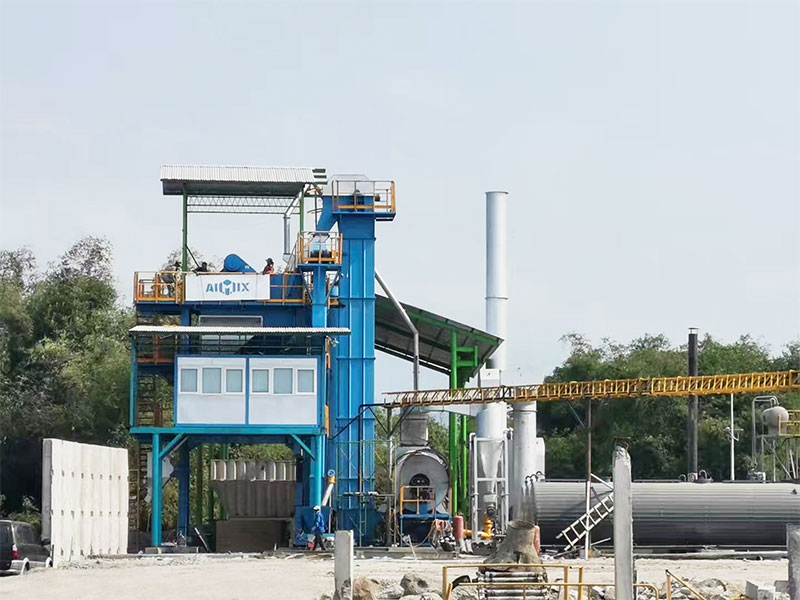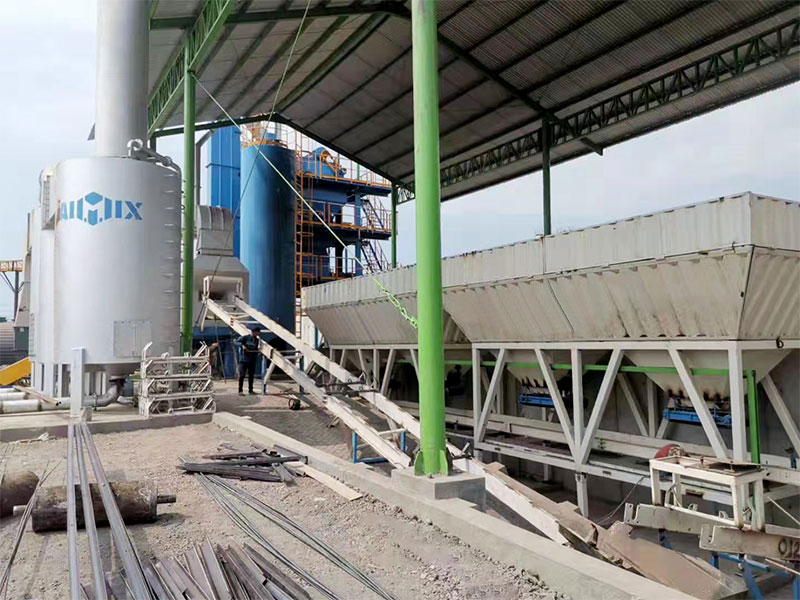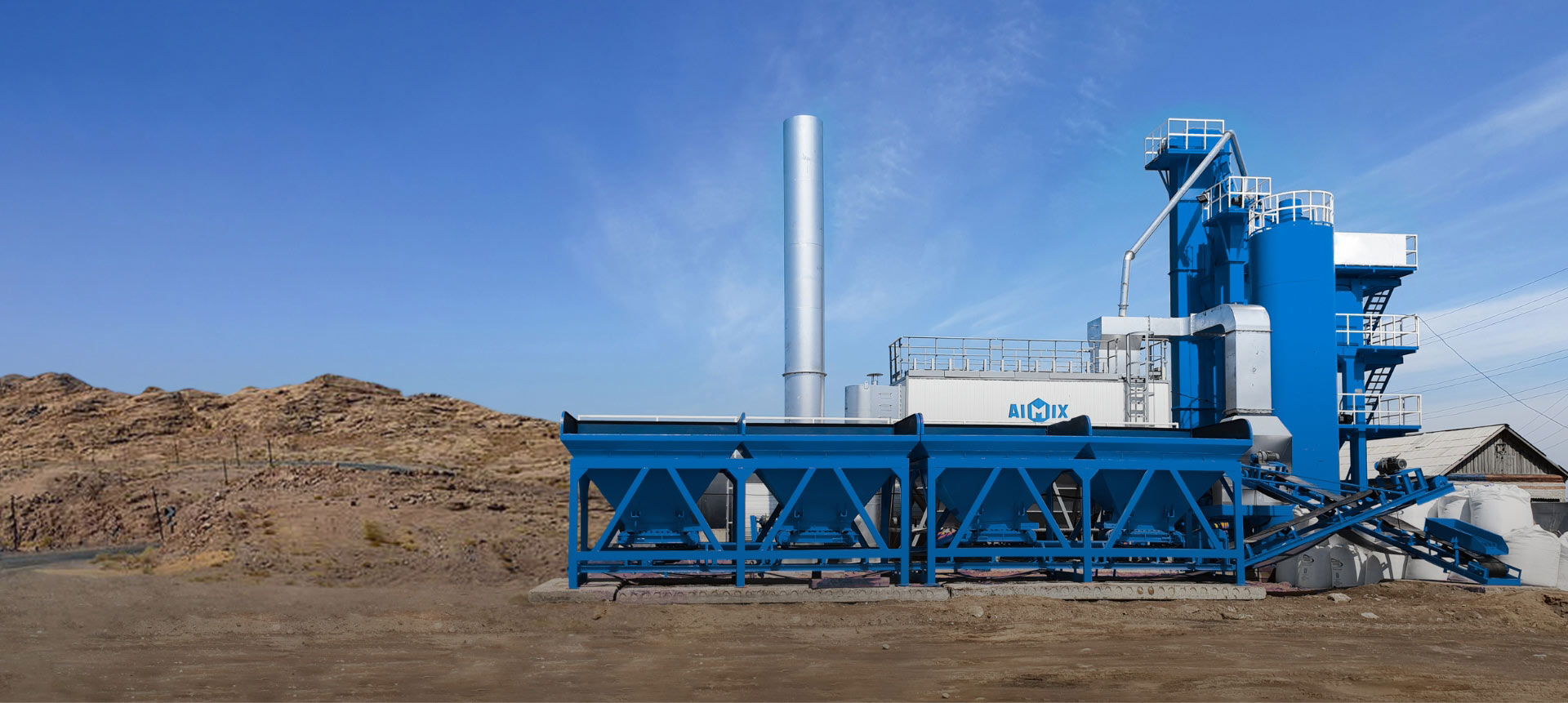Asphalt plants play a crucial role in the construction industry by producing high-quality asphalt mixtures used for roads, parking lots, and other infrastructure projects. Maximizing the productivity of an asphalt plant is essential for meeting project deadlines, reducing costs, and ensuring the delivery of durable and safe road surfaces. Several factors can significantly impact the productivity of an asphalt plant.
Plant Design and Layout
The design and layout of an asphalt plant can greatly impact its productivity. An optimized layout ensures a smooth flow of materials, minimizing bottlenecks and reducing downtime. The placement of various components, such as aggregate bins, drying drums, and storage silos, should be strategically planned to minimize the distance traveled by materials and optimize the overall workflow. Additionally, the mesin aspal mixing plant design should consider the ease of maintenance, accessibility to key components, and the integration of advanced control systems for efficient operation.

Equipment Selection and Maintenance
The selection and maintenance of equipment are vital for maximizing asphalt plant productivity. Choosing the right jual asphalt mixing plant di Indonesia, such as efficient burners, accurate weighing systems, and advanced control technology, can significantly improve production rates. Regular maintenance of equipment, including cleaning, lubrication, and calibration, ensures optimal performance and minimizes breakdowns or unexpected downtime.
Raw Material Quality
The quality of raw materials, including aggregates and bitumen, directly affects the productivity of an asphalt plant. Proper testing and quality control procedures should be in place to ensure that the materials meet the required specifications. Contaminated or substandard materials can lead to production issues, such as poor asphalt mix quality, reduced flow rates, or increased wear and tear on equipment. Maintaining strong relationships with reliable suppliers and implementing stringent quality assurance protocols are essential for consistent material quality.

Production Planning and Scheduling
Efficient production planning and scheduling are critical for optimizing asphalt plant productivity and lower harga asphalt mixing plant mini. A well-organized plan considers factors such as project requirements, material availability, and equipment utilization. By analyzing historical data and forecasting future demand, plant managers can develop effective production schedules that minimize idle time and maximize throughput. Additionally, effective communication and coordination between the plant, contractors, and clients play a crucial role in ensuring timely delivery and efficient resource allocation.
Workforce Training and Management
A skilled and well-trained workforce is key to enhancing asphalt plant productivity. Proper training ensures that operators and technicians are proficient in operating the plant, troubleshooting issues, and implementing preventive maintenance practices. Ongoing training programs and knowledge sharing sessions can help keep the workforce updated with the latest advancements in plant technology and best practices. Effective management practices, such as clear communication, performance tracking, and employee engagement, also contribute to a productive work environment.
Conclusion
Optimizing asphalt plant productivity requires a holistic approach that considers various factors. A well-designed mesin mobile asphalt mixing plant layout, appropriate equipment selection and maintenance, stringent quality control, efficient production planning, and a skilled workforce all contribute to maximizing output and ensuring the timely delivery of high-quality asphalt mixtures. By focusing on these factors and continuously seeking improvements, asphalt plant operators can achieve higher productivity, reduce costs, and meet the growing demands of the construction industry, ultimately contributing to the development of durable and reliable road infrastructure.
